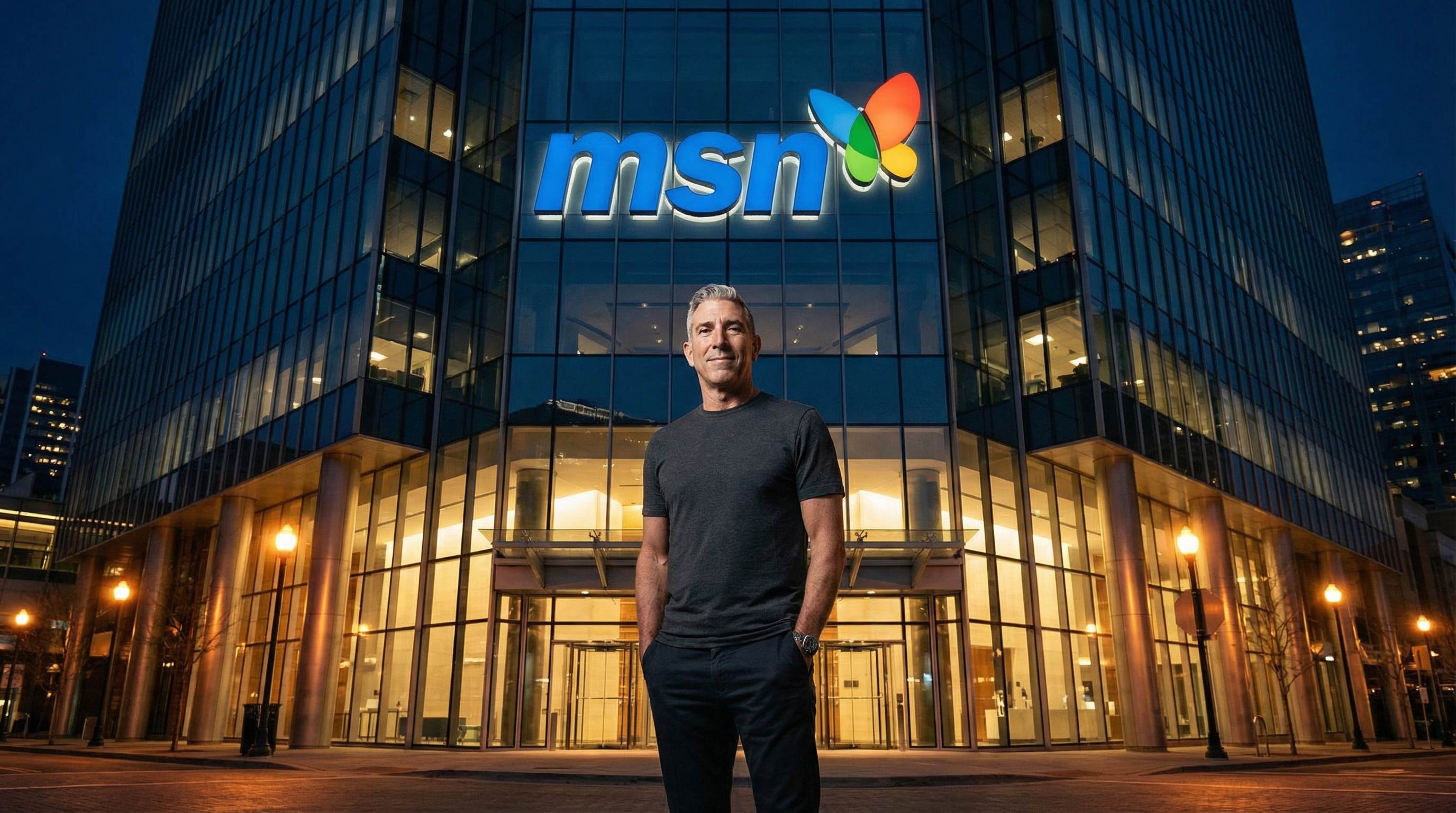SEC Sets Q4 Deadlines for 90+ Crypto ETFs — What That Means for Tokenization, Deal Box, XRB & Orobit

The tokenization movement has been building momentum for years, but September 2025 marks a defining moment. The U.S. Securities and Exchange Commission (SEC) has delayed decisions on over 90 crypto ETF filings, shifting deadlines into the fourth quarter of 2025. Among the applicants are titans like BlackRock, Franklin Templeton, Fidelity, Grayscale, and 21Shares, each vying to launch products that span everything from Bitcoin and Ethereum exposure to staking strategies and even memecoin ETFs .
At first glance, these delays may seem like bureaucratic routine. In reality, they signal something far more profound: the SEC is giving serious consideration to the largest wave of tokenized financial products ever submitted. With deadlines stretching into late October and mid-November, the coming months will be pivotal in shaping how tokenized assets enter the mainstream financial system.
For platforms like Deal Box and innovators such as Orobit, this regulatory spotlight is confirmation of what we have long believed: tokenization is not a future experiment — it is the present reality of finance.
The SEC’s Expanding Focus on Crypto ETFs
The SEC’s docket now includes more than 90 different filings, encompassing spot ETFs, staking ETFs, and altcoin-specific funds.
- BlackRock’s staking ETF application, originally filed in July, now has a deadline of October 30, 2025.
- Franklin Templeton’s crypto index and staking ETF is delayed until November 13, 2025.
- Spot ETFs for Solana (SOL) and Ripple (XRP) are now set for decisions on November 14, 2025.
- Even Dogecoin (DOGE) is making its ETF debut, illustrating just how broad the ETF landscape has become .
This wave of filings is unprecedented. It reflects the degree to which tokenization — the process of creating blockchain-based representations of assets — has penetrated the strategies of the largest asset managers in the world. From Bitcoin and Ethereum to staking tokens and altcoins, the very fabric of financial products is being reimagined in tokenized form.
Why the Q4 Deadlines Matter
The SEC’s decisions will carry weight far beyond the ETF market. By setting timelines and carefully reviewing dozens of applications, the regulator is sending a message: tokenized financial instruments are being treated as legitimate contenders in the global capital markets.
For investors, this means that tokenized exposure to crypto assets is moving into the same regulated, accessible category as traditional ETFs. For the broader financial system, it signals the dawn of a new era in which tokenization becomes the default architecture for assets — not just a niche experiment.
The timing also matters. Crypto markets have been experiencing renewed momentum in 2025, with total market capitalization surging past $3 trillion earlier this year. Institutional demand for compliant, liquid exposure to digital assets is at an all-time high. The SEC’s Q4 decisions are poised to unlock the next wave of inflows — potentially billions, if not trillions, over the next decade.
Tokenization’s Expanding Scope
The conversation about crypto ETFs cannot be separated from the larger story of tokenization. Tokenization takes assets — whether equities, bonds, commodities, or even revenue streams — and represents them as digital tokens on a blockchain.
This does several transformative things:
- Accessibility: Investors anywhere in the world can gain exposure to assets previously restricted by geography or high minimums.
- Liquidity: Fractional ownership and 24/7 trading make once-illiquid assets tradable around the clock.
- Transparency: Blockchain-based settlement creates real-time auditability, reducing opacity and increasing trust.
- Efficiency: Instant or near-instant settlement eliminates layers of intermediaries, cutting costs and friction.
The SEC’s current batch of ETF applications focuses heavily on crypto, staking, and altcoins. But the mechanics being considered are the same ones that power tokenization more broadly. Once these products are approved and operational, they will normalize tokenization as a standard practice across financial markets.
Deal Box: Bridging Private Markets and Tokenization
At Deal Box, our mission has always been to unlock opportunity by tokenizing private markets. While BlackRock and Franklin Templeton work to bring tokenized ETFs to mass investors, we focus on the entrepreneurs, emerging funds, and investors who want access to high-quality deals traditionally reserved for insiders.
Tokenization allows us to structure and package investments in ways that are more transparent, more efficient, and more scalable. We have long believed that private equity, venture capital, and alternative assets would be transformed by tokenization. The SEC’s growing acceptance of tokenized ETFs validates this vision and extends it into the mainstream.
As Q4 deadlines approach, investor sentiment around tokenization will only grow stronger. When institutions like BlackRock are pushing for tokenized staking ETFs and XRP funds, the conversation about tokenization shifts permanently from “if” to “how.” For Deal Box, that means we are perfectly positioned to capture the wave of demand spilling from public ETFs into tokenized private opportunities.
Orobit, XRB, and the Bitcoin Advantage
While many tokenization projects are built on Ethereum and other smart-contract platforms, Orobit takes a different approach: anchoring tokenization directly to Bitcoin.
Through its Simple Contract Language (SCL) and Layer-2 infrastructure, Orobit enables programmable contracts, tokenized assets, and decentralized applications that leverage Bitcoin’s unrivaled security. This combination of flexibility and permanence makes Orobit’s model uniquely attractive to institutions and regulators alike.
At the center of this ecosystem is XRB, Orobit’s native token. XRB powers contract execution and governance, serving as the fuel for tokenization on Bitcoin. By combining Deal Box’s expertise in structuring tokenized offerings with Orobit’s infrastructure, we are building a bridge between private market innovation and the institutional-grade security of Bitcoin.
As the SEC reviews staking ETFs and altcoin products, Orobit demonstrates how tokenization can evolve beyond crypto exposure into a comprehensive framework for real-world assets. The integration of SCL, Bitcoin, and XRB represents a model that can scale across commodities, private equity, and beyond.
The Global Context
The SEC’s Q4 deadlines come at a time of intense global activity around tokenization.
- In Europe, VanEck is preparing to launch new staking ETFs that could set the pace for EU markets .
- In Asia, SBI Holdings is partnering with infrastructure providers to tokenize stocks and RWAs, forecasting trillions in new market value over the next decade.
- In the U.S., Nasdaq has already filed to list tokenized stocks, further demonstrating the mainstreaming of blockchain-based financial products.
Everywhere we look, the trend is clear: tokenization is no longer an outlier. It is becoming the foundation of global financial markets. The SEC’s Q4 rulings will not determine whether tokenization succeeds — that outcome is inevitable. What they will determine is how fast adoption accelerates, and which structures lead the way.
Why This Matters for Investors Now
For investors, the message is simple: we are entering the era of tokenized finance. Whether through ETFs approved by the SEC, tokenized Treasuries already trading on-chain, or private market assets structured by Deal Box and Orobit, tokenization is expanding access and rewriting the rules of wealth creation.
The SEC’s Q4 decisions will shape the narrative heading into 2026. Approvals will fuel inflows into crypto ETFs and set regulatory blueprints for tokenized assets. Delays or denials will redirect capital toward private offerings and international markets. Either outcome strengthens the role of platforms like Deal Box and Orobit, which provide access to tokenized opportunities independent of the ETF pipeline.
Conclusion
The SEC’s decision to set Q4 deadlines for over 90 crypto ETFs is more than a scheduling note. It is a milestone in the maturation of tokenization, signaling that regulators are engaging seriously with tokenized financial products at scale.
For Deal Box, it validates years of work building tokenized structures for private markets. For Orobit, it highlights the power of anchoring tokenization to Bitcoin through XRB and SCL. Together, these efforts position us at the forefront of a financial revolution that will reshape how assets are owned, traded, and valued.
As the world awaits the SEC’s rulings in October and November, one truth is undeniable: the future of finance is on-chain. Tokenization is here, and it is accelerating faster than ever. The only question that remains is how quickly institutions, investors, and innovators will embrace it. At Deal Box and Orobit, we’re not waiting for the future — we’re building it now.
















